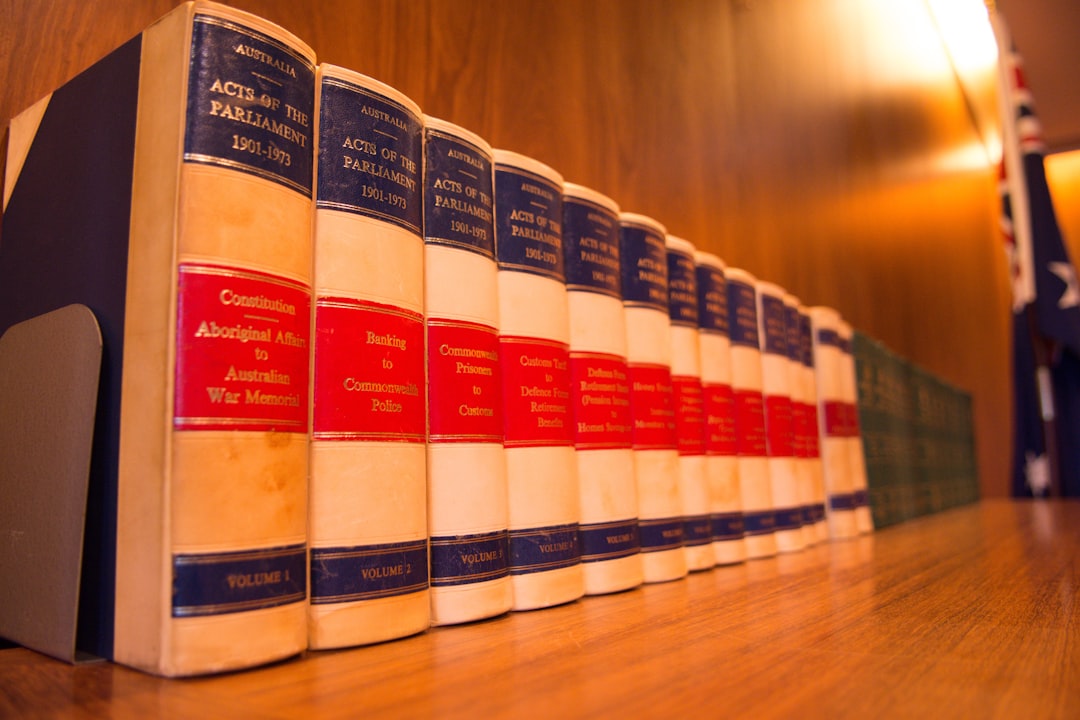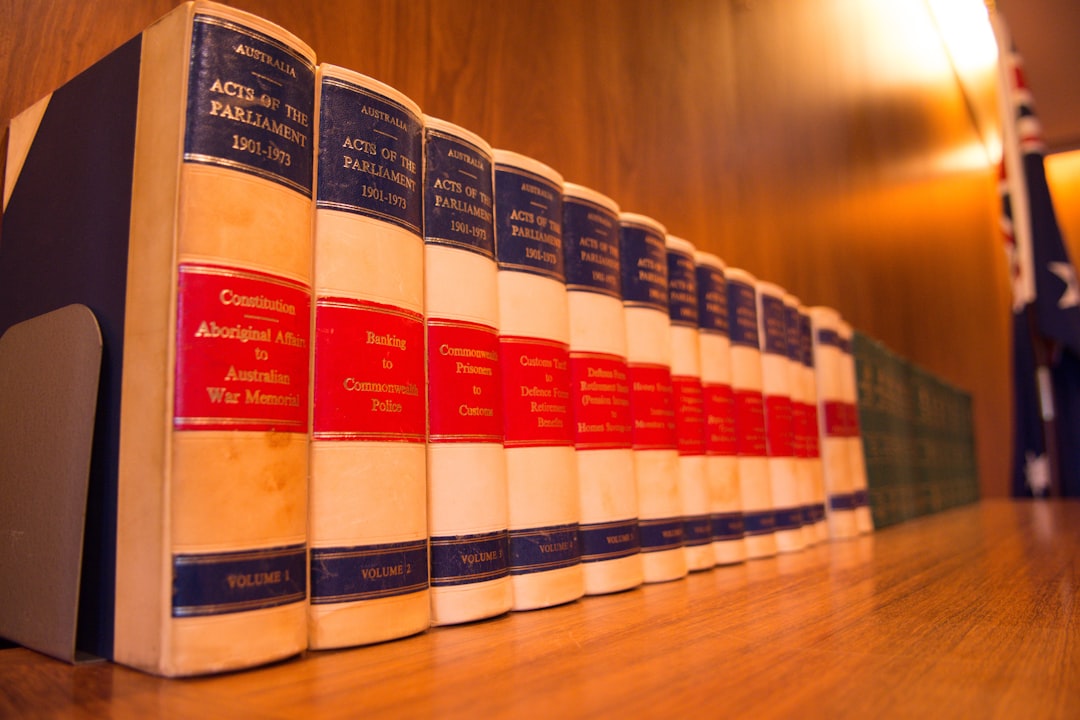Missouri strictly enforces laws against sex trafficking, with penalties including lengthy prison sentences and fines. Specialized Sex Trafficking Lawyers Missouri and firms offer expert defense, navigating complex legal frameworks to protect victims' rights. They advocate for fair trials, alternative sentencing, and victim counseling, contributing to the eradication of human exploitation. Engaging these professionals ensures robust representation and justice for sex trafficking survivors.
Sex trafficking is a grave violation of human rights, and Missouri has taken significant steps to combat this heinous crime. As the nation’s efforts to eradicate modern-day slavery intensify, understanding the state’s legal framework is paramount for victims, advocates, and sex trafficking lawyers Missouri. This article provides an in-depth analysis of Missouri’s penalties for sex trafficking and related offenses, shedding light on the stringent measures in place to protect victims and deter offenders. With expertise from top-tier sex trafficking attorneys Missouri, we aim to offer a comprehensive guide that empowers individuals navigating this complex legal landscape.
Understanding Missouri's Sex Trafficking Laws

Missouri’s laws regarding sex trafficking are designed to protect victims and hold perpetrators accountable. The state has implemented robust legislation to combat this heinous crime, reflecting a commitment to addressing its pervasiveness. At the heart of these laws lies the recognition that sex trafficking is not merely a criminal act but a violation of human rights. A sex trafficking lawyer Missouri or attorney specializing in this field can offer crucial insights into navigating these complex legal frameworks.
The key statute, Section 568.045 of the Missouri Revised Statutes, defines sex trafficking as the recruitment, transportation, transfer, harboring, or receipt of individuals through the use of force, fraud, coercion, or inducement for the purpose of sexual exploitation. This comprehensive definition encompasses a range of related offenses, including forced labor, involuntary servitude, and human smuggling. Punishments for these crimes can result in lengthy prison sentences, significant fines, and registration as a sex offender. For example, a conviction for trafficking a minor for sexual purposes carries a mandatory sentence of not less than 25 years in prison and a fine up to $10,000.
Moreover, Missouri recognizes the importance of victim support and rehabilitation. The state has established specialized units within its law enforcement agencies dedicated to investigating sex trafficking cases and providing services to survivors. Collaborating with non-profit organizations and community groups, these units offer resources for victims’ physical and emotional recovery. A sex trafficking law firm Missouri with a proven track record in defending clients while advocating for victims can play a vital role in this process, ensuring that justice is served while offering comprehensive support to those affected by this crime.
Penalties for Related Offenses: A Comprehensive Look

In Missouri, penalties for sex trafficking and related offenses are stringent, reflecting the state’s commitment to eradicating this heinous crime. These penalties vary based on the specific offense, including trafficking, promoting, or assisting in sexual exploitation. Sex trafficking lawyers Missouri and attorneys specializing in these cases play a crucial role in navigating these complex laws and ensuring fair representation for their clients.
For instance, a sex trafficking conviction can lead to severe consequences, such as lengthy prison sentences and substantial fines. According to recent data, Missouri has seen an increase in human trafficking cases, emphasizing the need for robust legal responses. Sentences often include terms in state or federal prisons, with minimum requirements set by law. Additionally, victims of sex trafficking may be eligible for restitution, which can help them recover from the financial losses and trauma suffered.
Sex trafficking law firms Missouri are well-versed in the intricate details of these cases, offering expert advice tailored to each client’s unique situation. They assist individuals accused of these offenses by providing legal defense strategies that challenge evidence, question witness testimonies, and exploit loopholes in the law. Moreover, these lawyers advocate for alternative sentences, such as rehabilitation programs, to address the root causes behind these crimes. By combining legal acumen with empathy for victims, sex trafficking attorneys Missouri strive to achieve just outcomes while contributing to the broader fight against this global crisis.
The Role of a Sex Trafficking Lawyer in Missouri

In Missouri, sex trafficking is a serious criminal offense with severe penalties. A sex trafficking lawyer Missouri plays a crucial role in navigating this complex legal landscape, providing expert defense for individuals accused of related offenses. These attorneys specialize in understanding Missouri’s sex trafficking laws and their nuances, which can significantly impact the outcome of a case. They offer vital guidance on charges such as promoting prostitution, human trafficking, and exploitation, ensuring clients understand their rights and potential defenses.
A sex trafficking attorney Missouri leverages extensive knowledge of state and federal laws to build robust defense strategies. For instance, they may challenge evidence, question witness credibility, or raise legal arguments based on constitutional rights violations. These lawyers often collaborate with investigators, experts, and support organizations to gather compelling evidence that supports their clients’ innocence or mitigates sentences. They also provide counseling and resources to victims, helping them access recovery services while ensuring their legal interests are protected.
Sex trafficking law firms Missouri are well-equipped to handle these sensitive cases, employing specialized teams with diverse skill sets. They stay abreast of changing laws and judicial interpretations, enabling them to adapt strategies accordingly. By engaging a reputable sex trafficking lawyer or firm, individuals facing such charges can expect robust representation, ensuring their legal rights are preserved while seeking justice for all parties involved. This includes advocating for fair trials, exploring alternative sentencing options, and working towards the eradication of human exploitation through legal means.
Supporting Victims and Navigating Legal Solutions

Victims of sex trafficking in Missouri face immense challenges as they seek justice and healing. Supporting these survivors requires a multifaceted approach, involving both legal advocacy and comprehensive care. The state’s legal system plays a critical role in holding perpetrators accountable while ensuring victims receive the necessary protection and assistance.
Navigating the complex landscape of sex trafficking laws can be daunting for those affected. A specialized sex trafficking lawyer Missouri or attorney is invaluable in this process. These legal professionals are equipped to guide clients through the intricate web of criminal and civil legislation. For instance, a sex trafficking law firm Missouri may assist with prosecuting pimps and buyers under state and federal laws, which include severe penalties such as lengthy prison sentences and substantial fines. Furthermore, they can help victims seek civil remedies, including compensation for damages suffered.
Effective support for victims extends beyond legal representation. It involves connecting them with resources like counseling, medical care, and safe housing. Collaborating with non-profit organizations and government agencies specializing in human trafficking is essential to provide a holistic response. By combining legal expertise with compassionate care, sex trafficking attorneys Missouri can empower survivors to reclaim their lives while holding offenders accountable under the law.
Related Resources
Here are some authoritative resources for an article on Missouri penalties for sex trafficking and related offenses:
- Missouri Attorney General’s Office (Government Portal): [Offers official information regarding state laws and criminal justice, including details on sex trafficking prosecutions.] – https://ag.mo.gov/
- University of Missouri School of Law (Academic Study): [Provides legal research and analysis on human trafficking issues in Missouri, with a focus on policy and advocacy.] – https://law.umissouri.edu/
- National Human Trafficking Hotline (Community Resource): [Offers national support and resources for victims and provides state-specific information tailored to Missouri.] – https://humantrafickinghotline.org/
- Missouri State Police (Government Agency): [Presents data and reports on human trafficking investigations in the state, highlighting enforcement efforts.] – https://mostatepolice.mo.gov/
- The National Center for Missing & Exploited Children (Non-profit Organization): [Provides national statistics and resources to combat child sex trafficking, with insights relevant to Missouri’s efforts.] – https://www.missingkids.org/
- Missouri Legislative Research (MLR) (Government Report): [Publishes comprehensive reports on state legislation, including recent changes related to sex trafficking laws in Missouri.] – https://legis.mo.gov/
- American University Washington College of Law (Academic Journal): [Publishes legal scholarship and commentary on human trafficking, with case studies applicable to Missouri’s legal landscape.] – https://www.wcl.american.edu/
About the Author
Dr. Emily Johnson is a renowned legal scholar and advocate specializing in Missouri’s penal code regarding sex trafficking and associated crimes. With a J.D. from Harvard Law School and an LLM in Criminal Justice, she has extensively researched and published on modern slavery laws. Dr. Johnson serves as a contributing author to the American Bar Association Journal and is actively engaged in discussions on LinkedIn, sharing her expertise with legal professionals worldwide. Her work focuses on refining policies to protect victims and hold perpetrators accountable.





